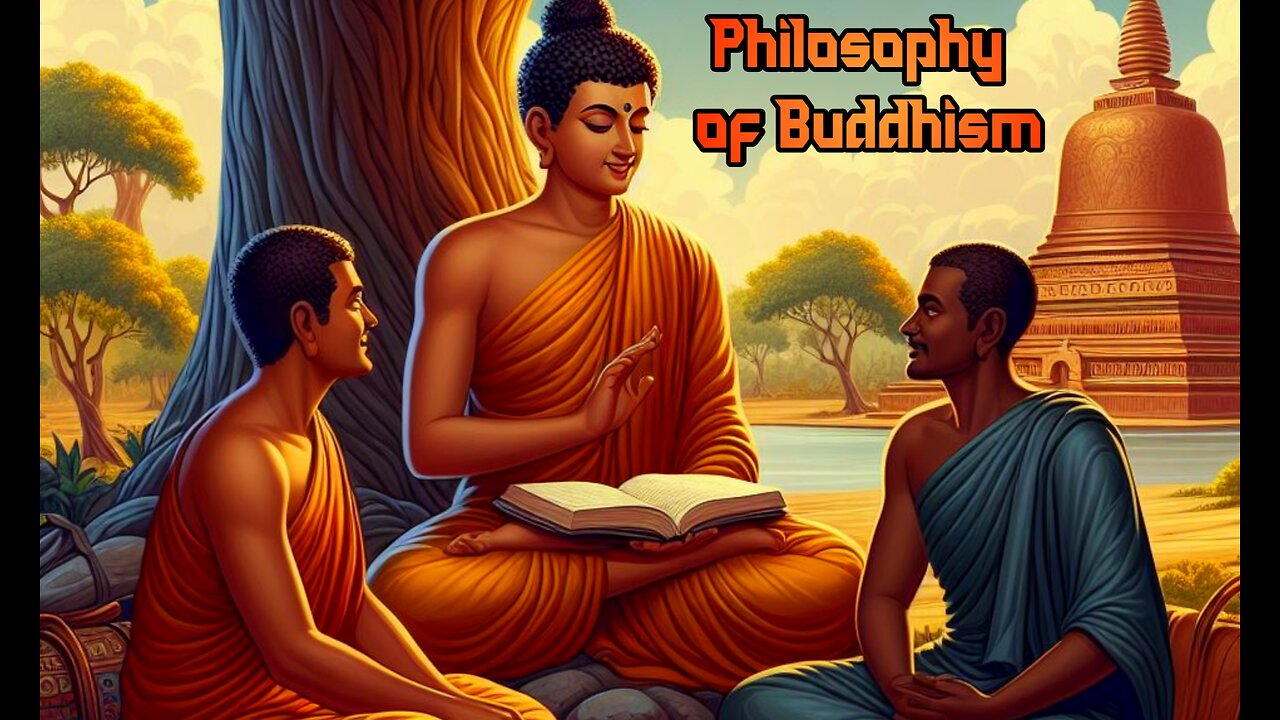Premium Only Content

philosophy of buddhism English moral story
The history of human civilization is a complex tapestry woven with the threads of cultural, political, and technological evolution. From the earliest known civilizations in Mesopotamia, Egypt, and the Indus Valley, societies developed intricate systems of governance, writing, and trade.
Ancient Greece contributed to the foundations of philosophy, democracy, and the arts, while the Roman Empire expanded its reach across Europe, Africa, and Asia. The Middle Ages witnessed the rise of feudalism, the spread of Christianity, and the flourishing of Islamic culture.
The Renaissance marked a period of renewed interest in classical learning and exploration, leading to the Age of Discovery. The Enlightenment brought forth ideas of reason and individual rights, influencing revolutions in America and France. The Industrial Revolution ushered in a new era of technological advancements and urbanization.
The 20th century saw the devastating impact of two World Wars, the Cold War rivalry, and the quest for civil rights and equality. The Information Age brought about rapid globalization, technological innovation, and interconnectedness.
Throughout history, civilizations have risen and fallen, leaving legacies that shape the world we inhabit today, characterized by cultural diversity, geopolitical complexities, and ongoing quests for progress and understanding.
-
 1:00:52
1:00:52
Mike Rowe
6 days agoThe Sun Never Sets On Gene Simmons | #432 | The Way I Heard It
65.7K120 -
 1:58:31
1:58:31
Adam Carolla
14 hours ago $17.34 earnedJay Leno Does What Modern Politics Won’t: Taking Care of Family Without a Press Conference
51.8K14 -
 5:28:29
5:28:29
Akademiks
6 hours agoDay 2/30. Smurk on Stream?? 50 cent keep going at Big Meech. Kendrick to Buy Kanye West Catalog?
74.6K2 -
 1:35:28
1:35:28
BlackDiamondGunsandGear
10 hours agoThe TRUMP SLUMP?
33.2K6 -
 3:13:59
3:13:59
SilverFox
5 hours ago🔴LIVE - OBLIVION IS BETTER THAN SKYRIM NOW
31.5K1 -
 LIVE
LIVE
SpartakusLIVE
9 hours agoDuos w/ StevieT || Trios or Quads Later?!
147 watching -
 7:19:12
7:19:12
OhHiMark1776
9 hours ago🟢04-27-25 ||||| Halo Multiplayer Rumble: No. 13 ||||| Halo MCC (2019)
82.7K -
 2:12:28
2:12:28
TheSaltyCracker
7 hours agoThey Killed Her ReeEEEe Stream 04-27-25
152K300 -
 2:33:51
2:33:51
vivafrei
17 hours agoEp. 261: Criminal Judges ARRESTED! Election in Canada! Santos Sentenced! RFK Jr. & Autism & MORE!
192K129 -
 6:24:31
6:24:31
Amish Zaku
10 hours agoRumble Spartans "The One Year" Event
48.7K1